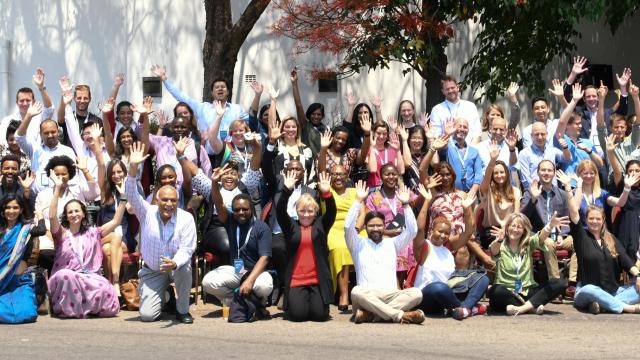COMMUNITY COLLABORATION
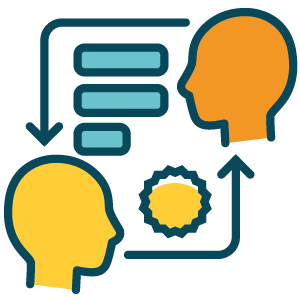
STRENGTHEN
Strengthen our community and grow a mission-aligned and globally representative community

LEARN
Creating tools and resources on best practices, across diverse levers, to support organisations and improve educational outcomes
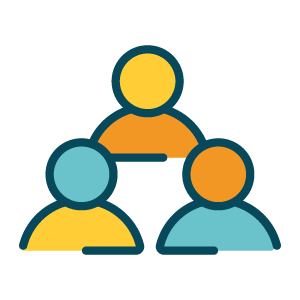
COLLABORATE
Bringing together a global community of non-state organisations, funders, and policymakers to meet, network with and learn from each other
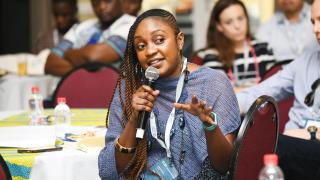
Annual Meeting
The Annual Meeting is GSF’s flagship event that brings together members of the GSF community and key partners, including government officials, policymakers, funders and researchers. The purpose of the Annual Meeting is to foster deep and meaningful connections within and outside the community, access new and relevant information that will broaden thinking, and collectively move the community further in our shared goals.
The next GSF Annual Meeting will be held from 6-8 February 2024 in Accra, Ghana. Registrations for the Annual Meeting will open shortly.
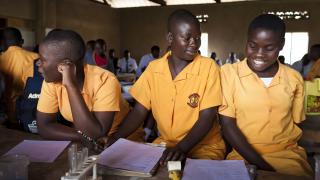
Communities of Practice
We co-design and deliver Communities of Practice (CoPs) aimed at strengthening organisational and leadership capacity for GSF’s community.
The CoPs focus on key levels that will strengthen organisations and schools and thereby improve educational access, equity, and quality for all children. The various sessions of the CoPs are curated to foster better South-South learning, provide practitioners with approaches, solutions and resources that they can adapt and use in their operating contexts, and to strengthen relationships and peer networks within the GSF community.
Currently, we are running a Community of Practice on Foundational Learning and will soon launch a CoP on Child Safeguarding. Previous CoPs have been on topics such as Diversity, Equity, Inclusion and Justice, Succession Planning for CEOs and Secondary Education.
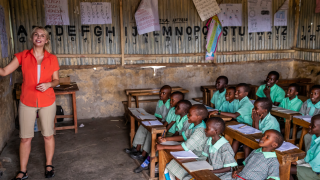
Study Tour on Secondary Education in Uganda this April: Invitation to join
Beginning in the year 2022, eight engaging sessions were led by 13 organisations through communities of practice on how secondary schooling builds agency and independence in young people as they transition to higher education and workforce. This year, GSF is introducing a Study Tour that will bring together secondary education practitioners, funders and partners from diverse contexts together in Uganda with a focus on: supporting young children from across contexts to effectively transition into secondary schools; identifying key components including skills and pedagogy to operate a quality secondary school; and navigating the systemic
Agenda and registration details below:
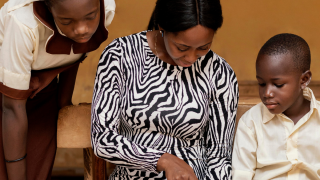
The Learning Framework to strengthen and support our community
Since its inception, as the GSF team has listened to and learned from our community, we have identified key priorities and challenges for organisations and schools as they aim to deliver quality education for children in underserved contexts.
As we move into our next phase of growth, we wanted to provide structure to how we drive learning across the network. Through conversations with individual organisations and focus group discussions, we have created a framework for learning that will guide our work in supporting and strengthening the GSF community. The framework is divided into four domains - system, organisation, leadership and school – and further sub-divided into key levers that can improve delivery of educational services.
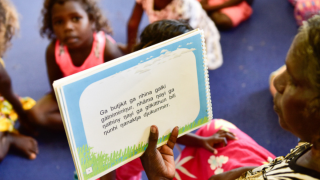
Tools and resources to support practitioners
One of the key challenges faced by organisations is access to resources and practices that have been developed, tested and implemented in low- and middle-income countries. Through our communities of practice and workshops, we compile tools and resources to support practitioners in their work. We produce a range of practice briefs, policy briefs, and playbooks that can be used by practitioners within GSF’s community.
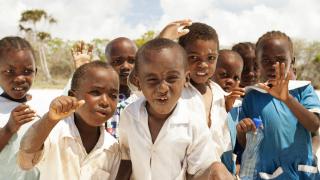
Community standards
GSF’s community represents the diversity of the non-state sector with respect to services delivered (direct school operation, core service provision to schools, financial intermediaries), operating geographies (South and South-East Asia, Africa, Latin America), and scope and scale of work (standalone schools to networks of schools). Despite the heterogeneity in their operations, all of GSF’s members are committed to serving children from under resourced communities in low- and middle-income countries.
It is GSF’s intention to build consensus with this diverse community around an evidence-based set of standards that all organisations can meet. Consensus-building around a set of community standards, alongside rigorous data collection can put GSF in a unique position to i) generate rigorous evidence and contribute to the research base on the non-state and ii) to improve accountability and raise quality for non-state education organisations.

